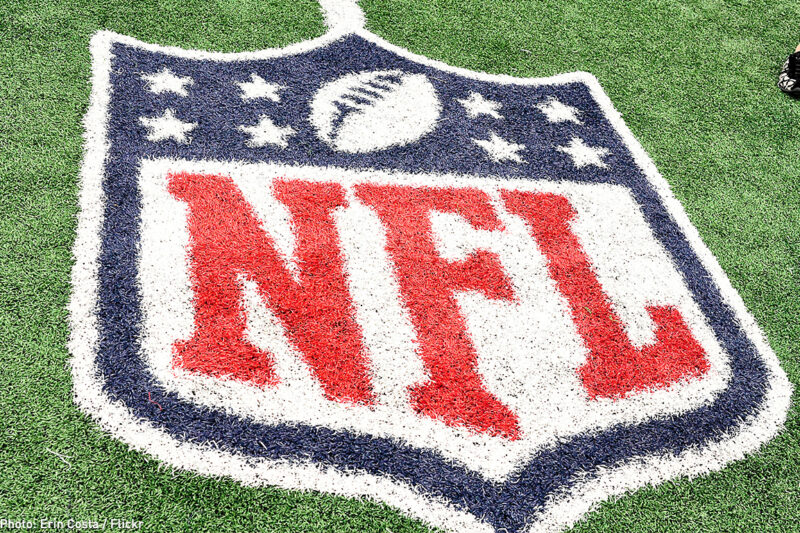
Across the country, African-American athletes have been taking a knee or raising a fist during the national anthem. They are protesting the killings of Black men and women by law enforcement officers and the systemic failure to hold anyone accountable for those killings. They have put their lives and livelihoods on the line for doing so.
As the Supreme Court has long recognized, such protests are protected speech:
“If there is any fixed star in our constitutional constellation, it is that no official, high or petty, can prescribe what shall be orthodox in politics, nationalism, religion, or other matters of opinion, or force citizens to confess by word or act their faith therein.”
Like others, President Trump is free to criticize the athletes for protesting. But now he has put the First Amendment in play by threatening the NFL and its teams with tax consequences if they don’t discipline players who exercise their First Amendment right to protest police brutality and racial injustice.
Public officials have the right to express themselves and use their celebrity to state their views. But the First Amendment prohibits them from threatening “to employ coercive state power” against private entities “to stifle protected speech” of individuals exercising their constitutional rights.
For example, in 2000, a minister bought billboard space in the Staten Island borough of New York City for two advertisements that offended the borough president. The borough president then sent a letter to the billboard company noting that it “derives substantial economic benefits” from its billboards and calling on it to “discuss further the issues I have raised.”
Essentially, the borough president delivered the veiled threat, “Nice billboards you’ve got there. It would be a shame if anything happened to them.” Unsurprisingly, the company pulled the advertisements. The minister sued, claiming a violation of his First Amendment rights.
As the Court of Appeals for the Second Circuit found, the official’s “implicit threat of retaliation” violated the First Amendment by inducing the owner to silence the minister’s speech. The same issues are raised by President Trump’s threat to take action against the NFL or its teams if they don’t prohibit players from taking a knee.
Even if the NFL or its teams don’t ultimately suffer loss because Congress or the IRS don’t take up the president’s cudgel, that’s not the point. The point is that no governmental official, from the president on down, should ever threaten anyone with official action of any kind for the exercise of protected speech. Official threats alone can chill speech, with or without actual punishment. The bully pulpit should not be used to bully anyone into conformity, control, or censorship.
By attacking the athletes, President Trump is reading from the “Southern strategy playbook” in more ways than one. He is stoking racial bigotry by demonizing them for exercising their First Amendment rights, and he is continuing the sordid tradition of silencing protests against racial injustice. For example, southern states sought to silence the civil rights movement by criminalizing protest and awarding millions in damages against boycott organizers. The president’s rhetoric is following in those disgraceful footsteps.
Along with his threat to retaliate against NBC for its reporting, the president’s broadside against the NFL makes him sound like a nascent dictator, not the president of a constitutional republic. Now more than ever, that is why we need the First Amendment and why the ACLU defends it.
Stay informed
Sign up to be the first to hear about how to take action.
By completing this form, I agree to receive occasional emails per the terms of the ACLU's privacy statement.
By completing this form, I agree to receive occasional emails per the terms of the ACLU's privacy statement.

